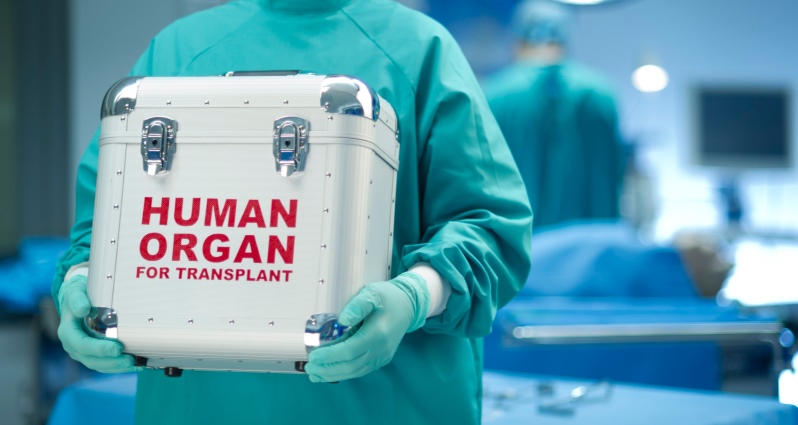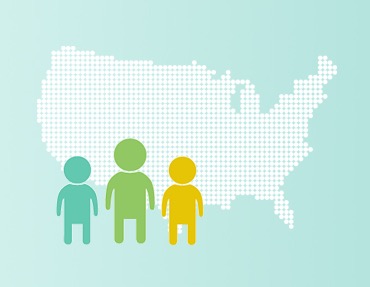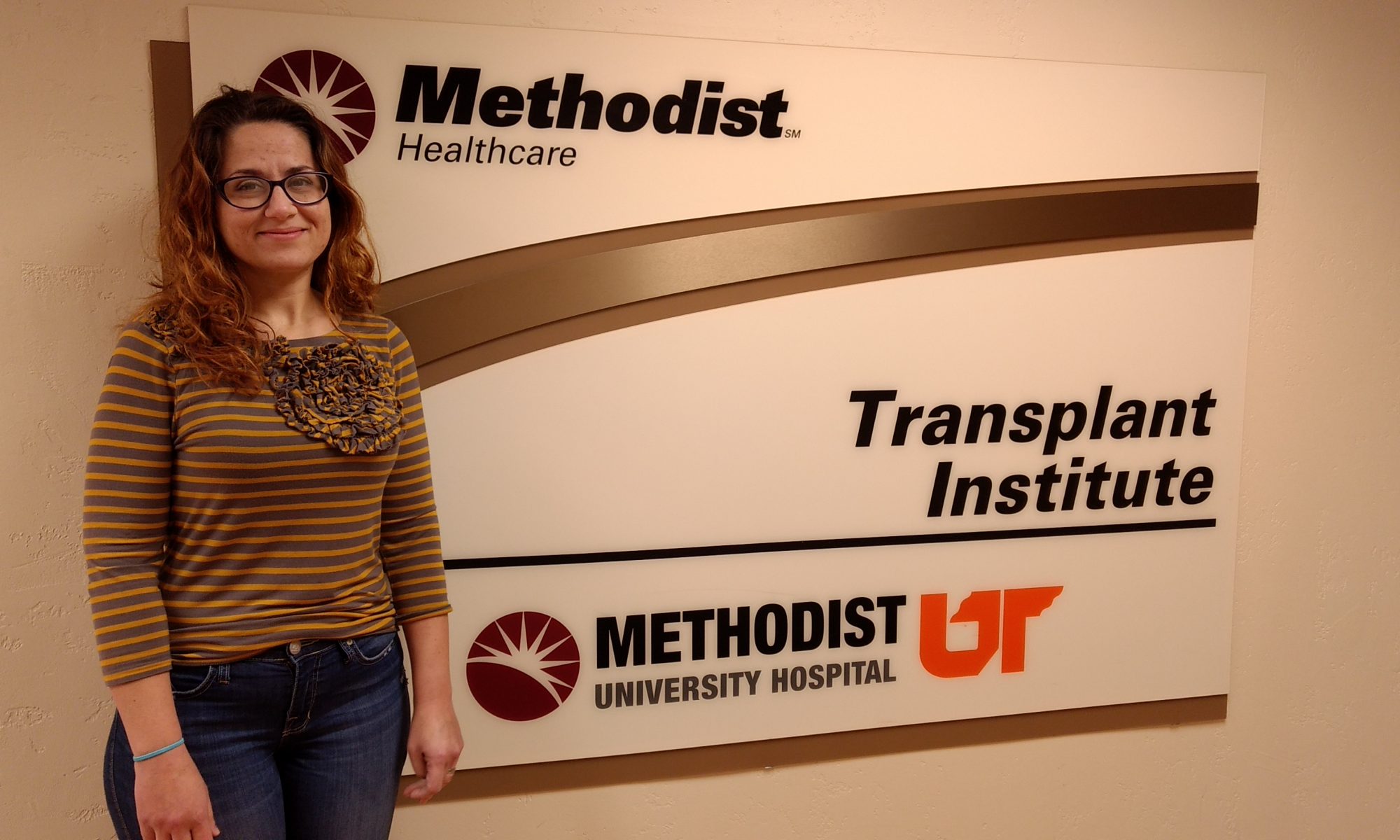I just learned recently that I have been going by the wrong transplant protocols. ARGH!!!
When I first began the process of being screened for a pancreas transplant, I was given a long laundry list of Do’s and Don’t’s. One of the items on that list was long distance travel. I was told at the education seminar that I really shouldn’t be more than an hour from the hospital. This would insure that the donated organ would still be viable. The longer an organ is outside of the body, the viability decreases. I followed that protocol.
I recently learned the requirements that were given to me weren’t accurate. I was given advice based on a kidney transplant since the majority of pancreas transplants are performed in conjunction with a kidney transplant. Solitary pancreas transplants are one of the least common solid organ transplantation surgeries performed and the rules and regulations are different.
Because a donor pancreas can only come from a donor that is brain dead but on life support, the time constraints are a lot less narrow. The time between the donor being taken off of life support (the donor’s family decides this) and the organ being harvested and transported to the recipient can be as much as 24 hours. That is a much larger window of time meaning that the recipient isn’t required to be within an hour of the hospital.
Doh! I’m glad that I now know that I at least have the option of going a bit farther afield than I thought I had previously.
Oh well. Live and learn.
 (percent reactive antibody) blood test performed. I go the first week of every month and this month my beautiful gingersnap joined me at the clinic. Every time I have my blood drawn for this test, I distract myself from the the needle by singing the oh so appropriate song “Match Maker” from Fiddler On The Roof in my head.
(percent reactive antibody) blood test performed. I go the first week of every month and this month my beautiful gingersnap joined me at the clinic. Every time I have my blood drawn for this test, I distract myself from the the needle by singing the oh so appropriate song “Match Maker” from Fiddler On The Roof in my head.
 It just so happens that on the day that the entire world is sharing love and hearts, my heart received some much needed love and approval from the cardiologist.
It just so happens that on the day that the entire world is sharing love and hearts, my heart received some much needed love and approval from the cardiologist.

